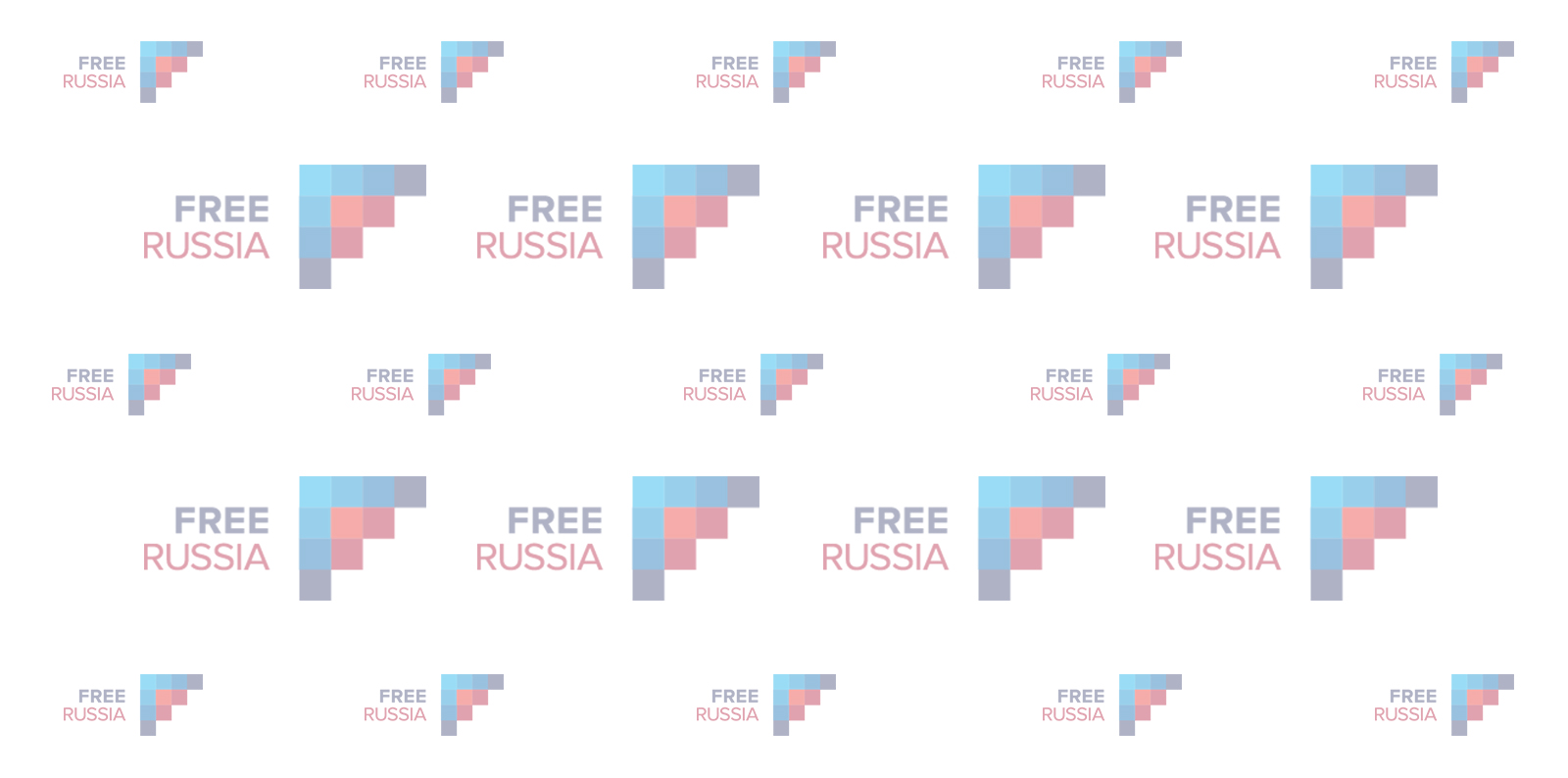This week the trial of Nadiya Savchenko has started. Free Russia Foundation has contributed to all the global efforts of #FreeSavchenko and worked a lot with her legal team. We’ve asked Mark Feygin, Savchenko’s attorney, to share his opinion regarding Savchenko’s trial and Nadiya as a very valuable person for Putin in his political bargaining on the eve of his UN speech.
In addition, to waiting for Putin’s visit to New York and a voltage rise around Syria, this week has been marked by yet another extremely important event – the beginning of the trial of Nadiya Savchenko. Free Russia Foundation asked Mark Feygin, the attorney of Nadiya, to talk about his feelings of the beginning of the process and the events surrounding it.
As Vladimir Putin is preparing to address the UN General Assembly, the Donetsk court (Rostov region, Russia) has begun the trial of the Ukrainian pilot and officer Nadiya Savchenko. A little over a year ago, Savchenko and a few other soldiers of the Ukrainian battalion “AYDAR” were captured by armed separatists, who are fighting for secession of the Lugansk region from Ukraine. Savchenko turned out to be of interest to the Russian intelligence agencies, and the separatists turned her over to their supervisors in Russia to carry out a show trial of “a criminal and a murderer” from Kiev. Savchenko was accused of involvement in the deaths of Russian journalists who were killed during a mutual shelling between the fighters of the “Zarya” battalion and pro-government forces. At the time, Kremlin urgently needed a salient figure to be used for propaganda purposes. As a woman, a senior lieutenant, and a pilot, Savchenko made for an eye-catching image for kindling hatred among the subjugated electorate.
However, things did not go as planned. Following vociferous declarations of Savchenko’s guilt, it was discovered that she had been taken prisoner an hour before the journalists’ deaths and consequently could not have directed the shelling that killed them. Moreover, Savchenko was greeted with support from all over the world for her tenacity and determination to maintain her innocence. Kremlin was tremendously bothered by Savchenko’s defense drewing the world’s attention and compassion.
Now, the success of Putin’s New York visit largely depends on the flexibility of her release.
Of course, the Russian president’s speech and negotiations will center on the war with ISIS and stabilization of the situation in East Ukraine. Kremlin has decided to bargain with the West, calling for the relaxation of sanctions and recognition of Crimea as a Russian territory in exchange for support in Russia’s fight against ISIS terrorists. It is crucial for Putin to repair Russia’s relationship with the West so he can keep his seat in Kremlin and ensure his personal safety. Putin’s regime is threatened by neither a weak and disjointed Russian opposition nor a coup from within. Rather, the danger lies in unexpected changes in Russia’s socioeconomic structure.
Historically, a slow and steady decline in the Russian economy is much more threatening than an internal insurgency. Despite his ostensible self-confidence, Putin realizes the deadliness of the joint outside pressure on the fragile parts of Russian economy. Putin’s feverish activity in the Middle East is an attempt to keep his subjects’ loyalty by manipulating the West into easing the pressure. Russian consumers are not ready for a long sanction-driven confrontation. As a result, the “Syrian gamble” is the Kremlin’s last opportunity to salvage the politically and economically troubled situation.
During the UN Assembly in September, the Russian delegation will almost certainly propose a pact promising peace with the West in exchange for a war in the East.
In this situation, Ukraine and Ukrainian political prisoners (Savchenko amongst them) will fade from the Western agenda, even more so after Putin promises to move his military from Donbas to the war front in the Middle East.
In this situation, the debate is likely to turn to the question of Russia’s “legitimate” role as an authority over post-Soviet countries. It must be said, though, that the West is reluctant to return to the trenches in the Middle East. It would be much more convenient to use the Russian military to solve the ISIS problem in Syria. However, it would be hard for the weakened Russian economy to take on such a financial burden, so it is likely that Russia will demand the lifting of sanctions as a prerequisite for carrying out the war in the East.
Considering these factors, what can Nadya Savchenko hope for?
Will the freedom of Ukrainian political prisoners become a casualty of realpolitik? What will interests of democracies be worth if they neglect democratic values?…

